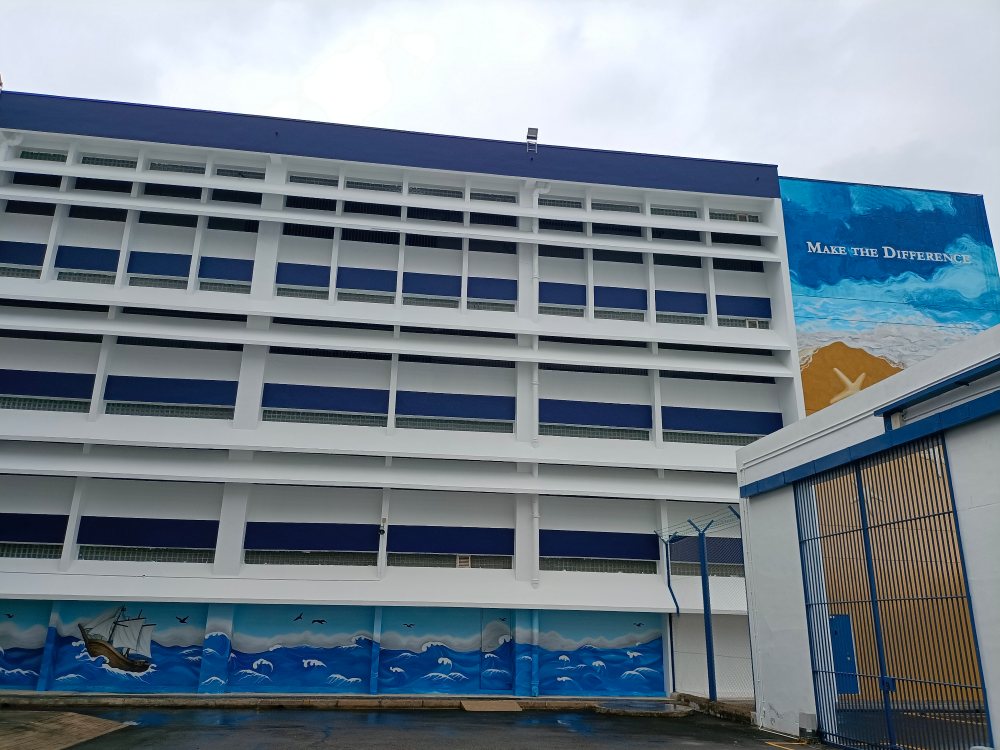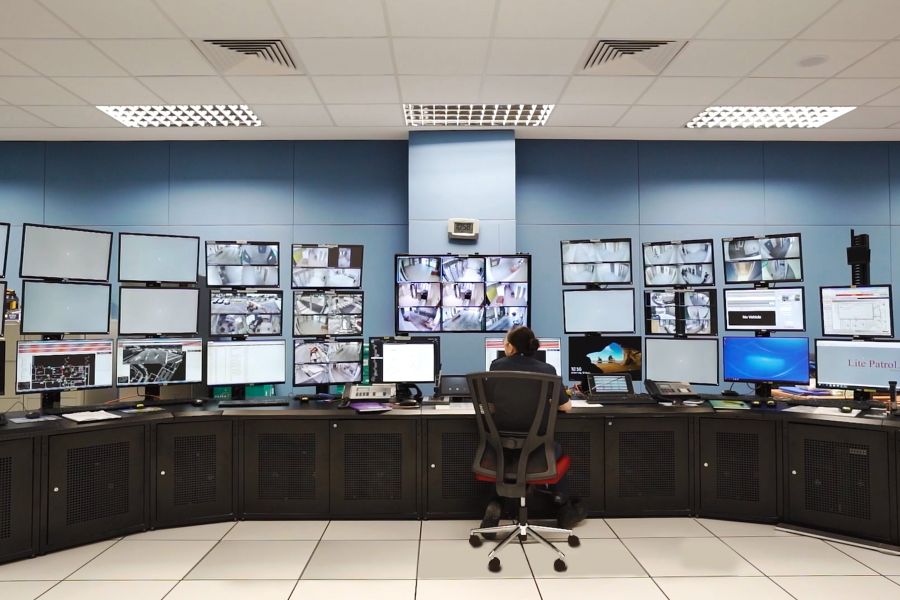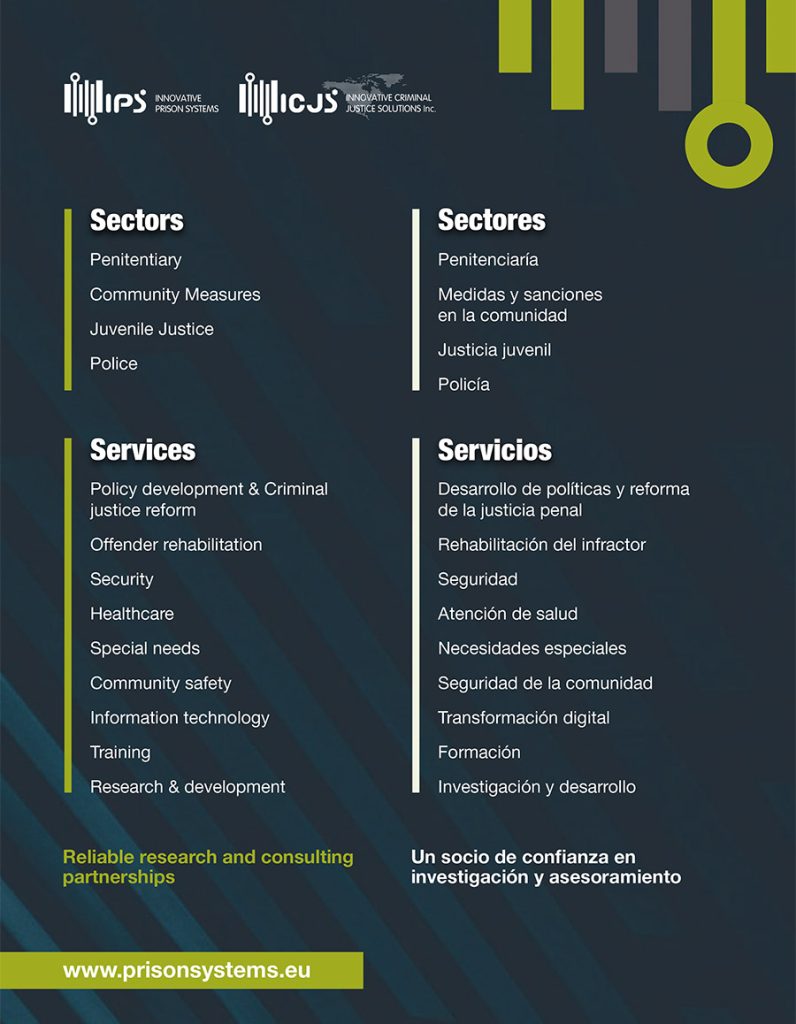Case Spotlight: Singapore
Singapore Prison Service
The Singapore Prison Service (SPS) plays a crucial role in keeping Singapore safe through its mission to enforce safe and secure custody of offenders and rehabilitating them. SPS unveiled its Corrections 2030 framework, aspiring to be a social enabler and uplift the lives of inmates and their families, by leveraging technology and community partnership, thereby achieving long term desistance.
Since 2017, SPS embarked on an ambitious journey to reimagine corrections, blending innovation and cutting-edge technology with progressive rehabilitation practices. One of the focal areas under Corrections 2030 is to build Future Ready and Tech-enabled Incare and Aftercare Infrastructure and Systems.
Correctional facilities in Singapore commissioned in the early 2000s were built with the concept of security-by-design. SPS’s Integrated Security System (ISS) is an integral part of its daily operations, enabling operators complete visibility, monitoring and control over the security of the premises.
From 2033, the Enterprise Integrated Security System will enhance the existing ISS by unifying multiple security functions, including automated access control, real-time personnel tracking, and advanced video analytics to detect abnormal behaviour, into a single cohesive platform.
Should adverse incidents arise, the Operations Digital Information Nexus will provide ground commanders with the full situational picture to make quick and accurate decisions.
Beyond security systems, SPS also ensures its correctional facilities (in tropical Singapore) are green and sustainable, aligned to the Singapore Green Plan, where Singapore plans to hit peak carbon emission in 2025 and achieve net zero emissions by 2045.
SPS examines ways to be more climate friendly, reduce its utilities and carbon footprints, such as through the installation of energy-saving light fittings and solar panels within its premises. To reduce the amount of heat absorbed by the buildings, SPS uses heat-reflective paint and double-glazed windows.

Strong family support is key in ensuring successful reintegration. SPS partners families to support the rehabilitation of their loved ones, through facilitating increased touchpoints and access to inmates. The current modes for family visits require families to travel to SPS visit
centres during operating hours.
SPS is conceptualising a smart, self-service tele-visit pod (cubicle) akin to telephone booths, which can be easily deployed in numerous community locations to enable families to visit at their convenience, even outside of SPS visit centres’ regular operating hours.

SPS also developed the Prison Automated Screening System (PASS) to make drug screening tests faster and more convenient. Drug offenders undergoing community-based programmes must undergo regular drug testing. This can be disruptive for them and their employers.
PASS automatically collects urine samples of supervisees and screens them for illicit drugs quickly, reducing the time taken from twelve minutes for a manual urine test to just five minutes and saving half the manpower requirements for monitoring.
PASS will be deployed at various locations closer to the residential and work districts around Singapore, to make drug testing and supervision more convenient and less time consuming so that supervisees can focus on reintegrating back to society.
To achieve the desired outcomes and implement the strategies under the Corrections 2030 framework, SPS will continue to leverage on digitalisation and green technology, for a safer and more inclusive society.



